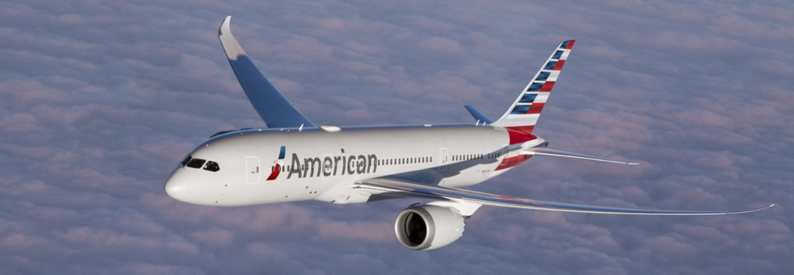Senate Report Reveals Airlines Use ‘Junk Fees’ to Boost Profits

A new Senate subcommittee report has revealed how major US airlines have been using extra fees, often referred to as “junk” fees, to increase their profits, resulting in higher costs for travelers. The report, released by US Senator Richard Blumenthal, Chair of the US Senate Permanent Subcommittee on Investigations (PSI), highlights that airlines are increasingly relying on algorithms and customer data to set and adjust fees dynamically.
The report, published on November 26, 2024, shows that advanced technology is being used to track and target pricing strategies, especially for add-on services like seat selection. Airlines are leveraging this data to maximize revenue, often adjusting fees based on customer information, which can lead to higher charges for travelers without any direct correlation to the actual cost of services.
“This report pulls back the curtain on tactics like dynamic pricing that burden travelers and boost airline revenue,” said Senator Blumenthal. “I will be asking airlines to justify these practices when they testify on December 4th before my Permanent Subcommittee on Investigations. As we head into the Thanksgiving weekend, we regret that travelers will be charged millions of dollars in fees that have no basis in cost to the airlines but simply fatten their bottom lines.”
The PSI report focused on data from major airlines like American Airlines, Delta Air Lines, and United Airlines, as well as ultra-low-cost carriers Frontier Airlines and Spirit Airlines. The investigation found that between 2022 and 2023, Frontier and Spirit paid $26 million to gate agents and other staff to catch passengers allegedly not following baggage policies, often leading to additional bag fees or forcing passengers to miss their flights. In some cases, staff earned up to $10 per checked bag.
Furthermore, all five airlines reported an increase in revenue from seat fees during the period studied. The report revealed that between 2018 and 2023, American, Delta, United, Frontier, and Spirit generated a collective $12.4 billion in seat fee revenue. Despite this substantial income, none of the airlines provided detailed data on the cost of these services. When asked to reveal the cost per passenger for services like checked baggage or seat assignments, the airlines responded that they do not track cost data with the level of detail required.
The report also found that Frontier, Spirit, and United Airlines may be avoiding federal transportation excise taxes by labeling certain charges as nontaxable “optional” fees. Under federal law, airlines must pay a 7.5% tax on passenger air travel. However, by categorizing some fees as “optional,” these carriers appear to avoid paying the excise tax on those charges.
Executives from the five major US airlines will testify before the PSI at a Senate hearing on December 4, 2024, where they will be asked to justify their practices and the impact these fees have on passengers. This investigation continues to shine a light on the growing trend of “junk” fees, with travelers paying more for services that were once included in the ticket price.
Related News : https://suspicious-zhukovsky.67-21-117-18.plesk.page/?s=United+Airlines
